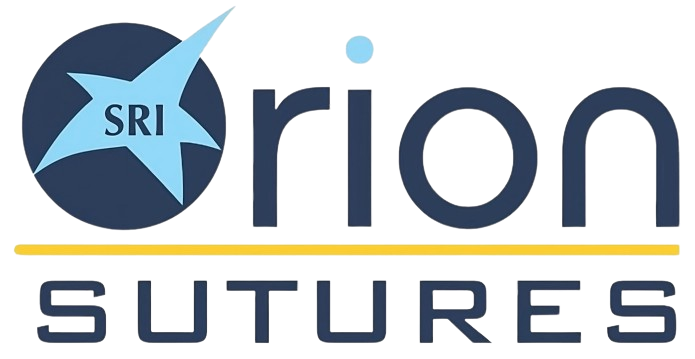The world of medical sutures has long been dominated by silk and cotton threads, but more recently, monofilament polyamide sutures have become the go-to-choice for surgeons.
With its superior strength, flexibility, and knot traction, the Ethilon polyamide suture is an ideal choice for a wide range of medical procedures.
Here, we bring you a comprehensive guide to Ethilon polyamide, including its benefits, uses, and care instructions.
Benefits of Ethilon Polyamide Suture
- High strength and durability: It is extremely strong, making it ideal for use in a wide range of surgical procedures.
- High flexibility: The suture is highly flexible, which makes it easy to handle and manipulate during surgery.
- High knot security: The suture is designed to provide a secure knot that will not slip or unravel.
- Reduced tissue reaction: The suture material is designed to minimize the potential for irritation to the surrounding tissue.
- Quick absorption: The suture is designed to absorb quickly and completely, reducing the risk of infection.
- Low cost: It is significantly less expensive than many other suture materials, making it a cost-effective option for use in many surgical procedures.
- Easy to use: The suture is designed to be easy to thread and tie, making it ideal for use in a wide range of procedures.
- Versatile: The suture is suitable for use in a variety of procedures, including general surgery, cardiovascular surgery, and orthopedic surgery.
Uses of Ethilon Polyamide Suture
- It can be used to close wounds and incisions.
- It can also be used in general and plastic surgery to support tissue and suture structures, such as ligaments, tendons, muscles, and fascia.
- It is also useful in orthopedic and cardiovascular surgery, to repair hernias, and to provide support for prosthetic devices.
- It can also be used to repair damaged or torn skin after a burn, laceration, or other trauma.
- It is also used to close skin during cosmetic procedures, such as facelifts and tummy tucks.
- It can be used in ophthalmic surgery, for closing corneal wounds and suturing intraocular lenses.
- It can also be used in dental surgery, to close gingival and mucosal wounds and to secure dental implants.
- It is also used in the repair of gastrointestinal and genitourinary tract perforations and the closure of fistulas.
Care instructions of Ethilon Polyamide Suture
- Handle it with care and avoid contact with sharp objects.
- Do not expose the suture to high temperatures or sunlight.
- Do not use any oil or solvents to clean the suture.
- Sterilize the suture with ethylene oxide or gamma irradiation before use.
- Store the suture in a cool, dry place, away from direct sources of heat.
- Discard any unused suture within 30 days.
Conclusion
The Guide to Ethilon Polyamide Suture is a comprehensive and invaluable resource for medical professionals and students alike.
It provides an overview of the properties of Ethilon Polyamide, its use in surgical procedures, and its safety and efficacy.
It is an invaluable resource for medical professionals and students looking to learn more about this useful and versatile suture material.
With the information found in this guide, medical professionals and students can make informed decisions when it comes to selecting the right suture material for their surgical needs.

